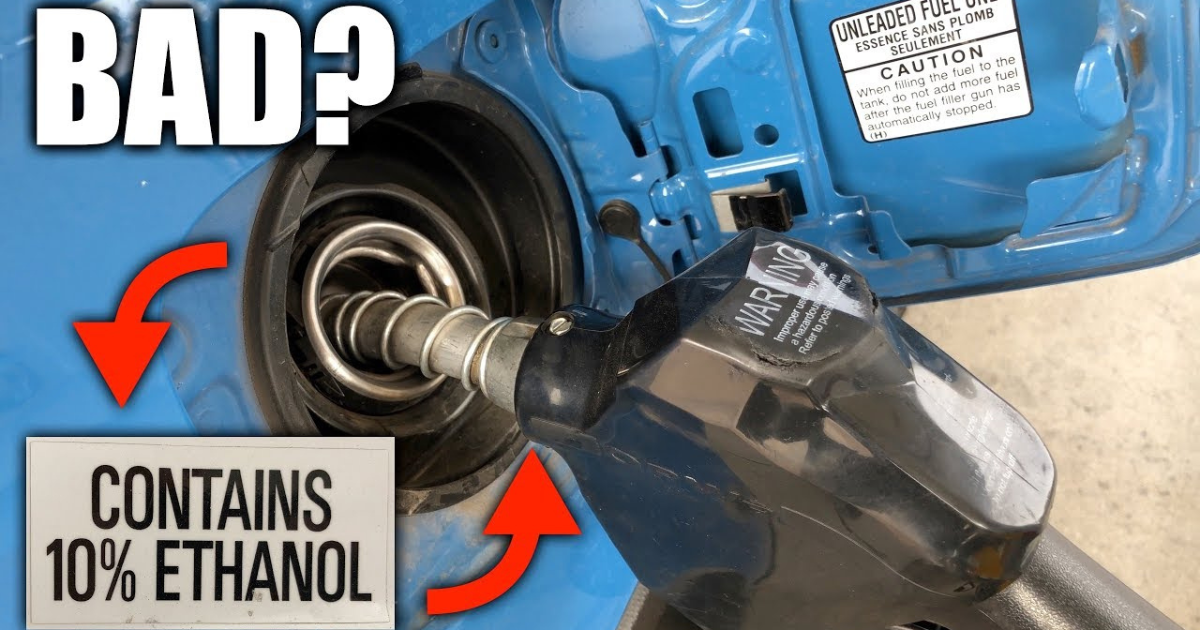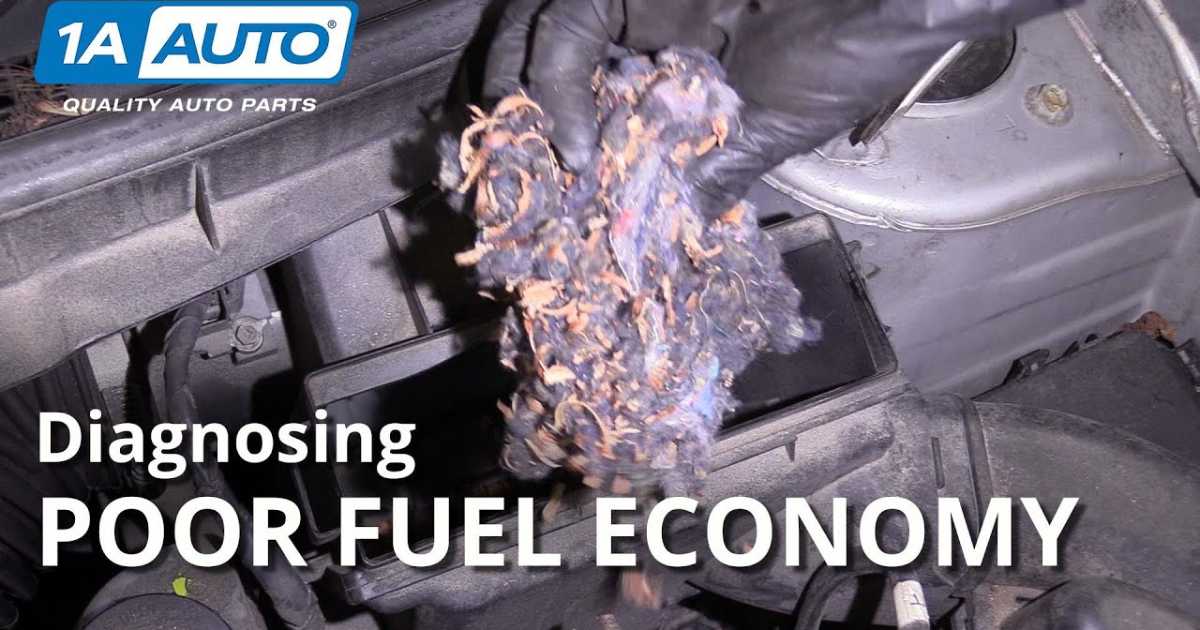When it comes to fueling your car, there are different types of gas to choose from, including ethanol and non-ethanol gas. Ethanol gas is made from corn and other plant materials, while non-ethanol gas does not contain ethanol. Many car owners wonder if it’s safe to mix these two types of gas in their cars. In this article, we’ll discuss the differences between ethanol and non-ethanol gas, and whether or not you can mix them in your car.
Ethanol Gas vs. Non-Ethanol Gas
Ethanol gas is a renewable fuel that is made from corn and other plant materials. It is often blended with gasoline to create a fuel that is 10% ethanol and 90% gasoline. This type of fuel is commonly used in the United States. Ethanol gas helps to ensure complete combustion of the fuel as the engine runs, as it oxygenates the gas in the combustion process.
Non-ethanol gas, on the other hand, is also known as pure gasoline. It does not contain any ethanol, making it a more expensive option than regular gasoline. Non-ethanol gas offers several advantages, including improved gas mileage, reduced harm to the engine, and a longer shelf life of up to 6 months.
Differences Between Ethanol and Non-Ethanol Gas
While both ethanol and non-ethanol gas can be used in cars, there are some key differences between the two. Non-ethanol gas produces more emissions than regular gasoline, while ethanol gas does not give off emissions as much. Ethanol gas contains alcohol, which can cause corrosion within a car’s fuel system, while non-ethanol gas does not cause corrosion. Non-ethanol gas has a longer shelf life of up to 6 months, while ethanol gas has a relatively shorter shelf life of 3 months. Ethanol gas is also relatively inexpensive compared to non-ethanol gas, as it does not require extra transportation costs after production.
Can You Mix Ethanol and Non-Ethanol Gas in Cars?
Yes, you can mix ethanol and non-ethanol gas in your car’s gas tank. Both types of fuel are compatible, and mixing them will not harm your car’s engine. This is because ethanol and non-ethanol gas are both made up of hydrocarbons, which are molecules that contain hydrogen and carbon atoms. The only difference is that ethanol contains oxygen atoms, while non-ethanol gas does not.
What Happens When You Mix Ethanol and Non-Ethanol Gas in Cars?
While it is safe to mix ethanol and non-ethanol gas in your car’s gas tank, there are a few things that you may notice over time. For example, if you switch from non-ethanol gas to ethanol gas, you may experience a decrease in gas mileage by about 3%. On the other hand, if you switch from ethanol gas to non-ethanol gas, you may notice an improvement in gas mileage.
Another thing to consider is the potential for fuel system corrosion. Ethanol gas contains alcohol, which can impact a car’s fuel system negatively, resulting in corrosion over time. This can lead to a clogged fuel filter, which can further lead to more challenges for your car.
Additionally, switching back and forth between ethanol and non-ethanol gas can be detrimental to your car’s engine in the long run. It is best to stick with the type of fuel that your vehicle manufacturer recommends, as captured in the owner’s manual.




